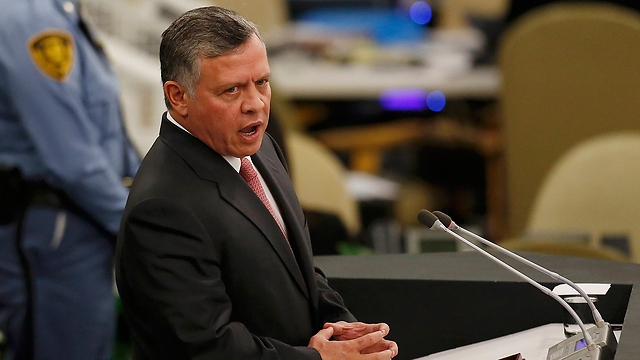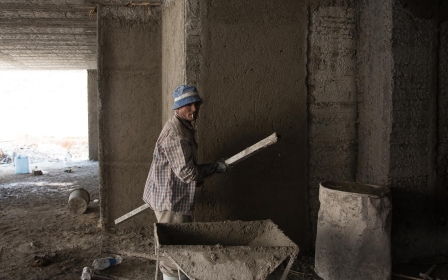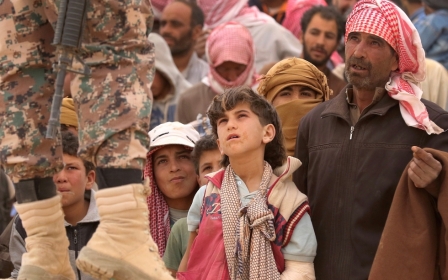Amman bans independent coverage of Jordan's royal family

The Jordanian government on Thursday banned all media outlets in the country from reporting news about the king, or royal family, unless it comes via official court bulletins.
A curt 25-word statement from Jordan’s Media Monitor said that only news released by the Royal Hashemite Court of King Abdullah II will be permitted. It did not say from when the censorship would apply or give details of any penalties.
The Jordanian government has issued increasing numbers of media gagging orders in recent months to shut down discussion on sensitive or controversial topics. Last week, it banned all publications, including social media, from discussing a Muslim scholar who has been detained since June on charges including “putting the security of the kingdom at risk”.
The Committee to Protect Journalists (CPJ), a New-York based independent pressure group for press freedom, said on Wednesday that the rising number of gag orders in Jordan had left reporters “sceptical” about the government’s stated commitment to media reforms.
Jordan currently ranks 135 out of 180 countries in a press freedom index prepared by the pressure group Reporters Without Borders.
Journalists are subject to “close monitoring” by Jordan's intelligence services, according to group, and are vulnerable to prosecution under an “extremely vague” counter-terrorism law brought in last year amid widespread criticism.
Earlier this month, the prosecutor general issued a gag on reporting the case of an Egyptian national who was severely injured during an assault in the Jordanian capital Amman.
The censorship order followed the release of a viral video showing the victim, a nightclub bouncer, with his arms and legs in plaster after having four operations.
In June, the government also issued an order banning Jordan's media from reporting on a shooting, at an intelligence agency office near Amman, in which five people died.
Middle East Eye propose une couverture et une analyse indépendantes et incomparables du Moyen-Orient, de l’Afrique du Nord et d’autres régions du monde. Pour en savoir plus sur la reprise de ce contenu et les frais qui s’appliquent, veuillez remplir ce formulaire [en anglais]. Pour en savoir plus sur MEE, cliquez ici [en anglais].




